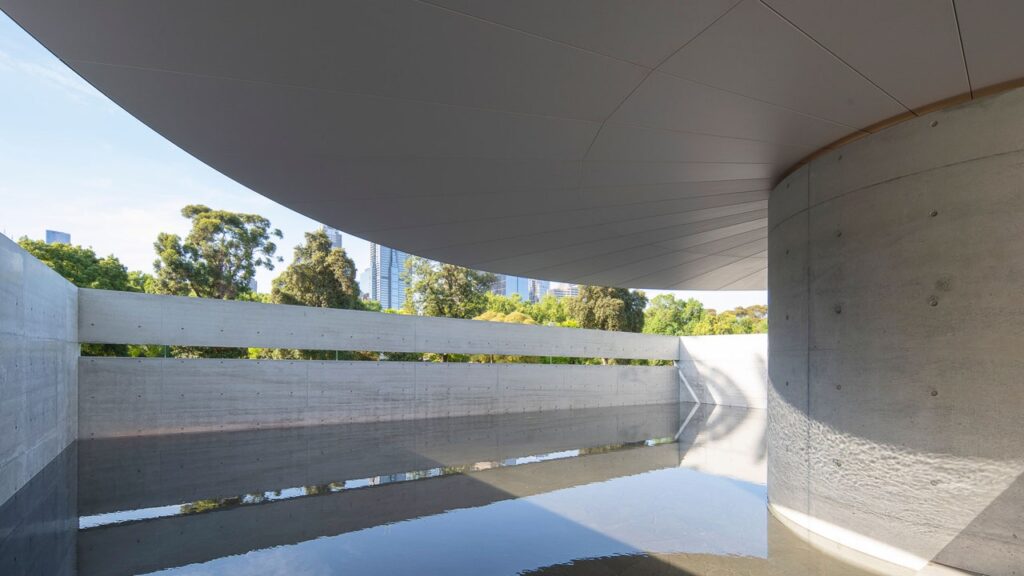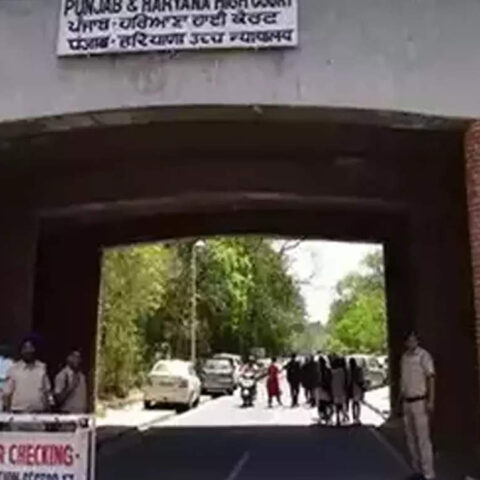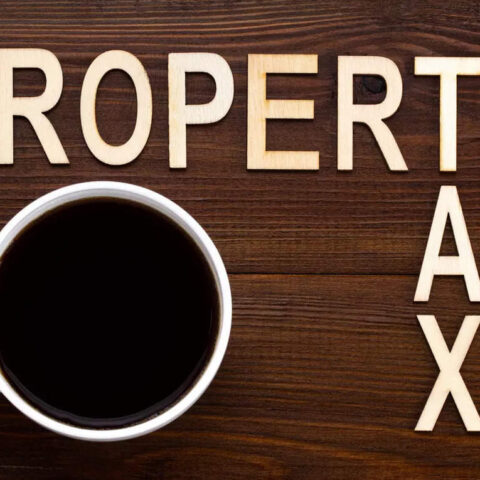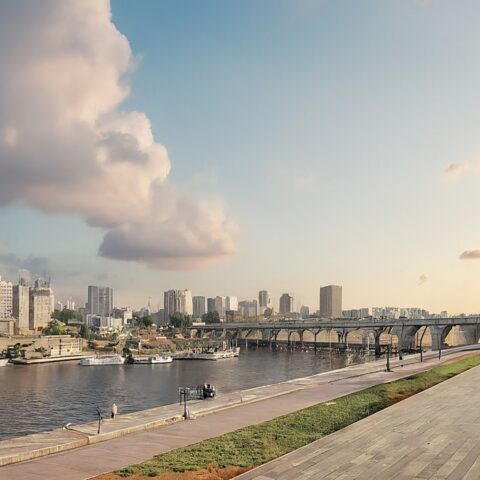
In an alternate reality, if Vancouver-based developer Townline was building only concrete high-rise condos in this market, it would likely be having some trouble.
In this reality, the developer is constructing a variety of housing types at its six active projects, backed by what its president believes is the right mix of strategy, efficiency and optimism.
Diversification has been helping Townline to sustain its pipeline in a market that is seeing slower pre-sales as well as projects stalled, changed or cancelled.
In Vancouver, housing starts actually climbed by 28 per cent in 2023, year over year, bucking the national trend, according to the Canadian Mortgage and Housing Corporation (CMHC). That’s unlikely to continue this year.
Nationally, 2023 housing starts were down seven per cent in centres of 10,000-or-more residents, with 223,513 units recorded, compared to 240,590 in 2022, the data showed. The overall decline is primarily explained by a 25 per cent decline in single-detached starts in 2023.
But many, including CMHC, predict housing starts will not keep pace with population growth. The forecast in 2024 is for fewer housing starts in Vancouver and elsewhere amid continued economic and market turbulence.
Townline’s active B.C. developments
Townline, however, has kept the housing development taps open. It has six multifamily and residential projects under construction including:
- BAND, a 45-storey condo tower in Coquitlam;
- Meridian, a rental tower in Burquitlam with 262 homes in a joint venture with Nicola Wealth Real Estate;
- the Luxe Lansdowne community in Richmond with Canderel;
- Pandora Co-Live in Victoria;
- Forester Two townhomes on Burke Mountain in Coquitlam;
- and Holland Two, a condo tower in Surrey.
“We have a varied sort of approach in that pipeline,” Townline president Daryl Simpson told RENX. “We have some high-rise coming. We also have some low rise . . . wood-frame townhomes,” he said, mentioning the Burke Mountain community and another on Vancouver’s West Side.
It would be difficult to have an entire portfolio of high-rise concrete condos building and pre-selling in these conditions, he said. Too much focus and specialization seems to be riskier.
“Being adaptable and sort of malleable in our product offering in order to find a market is certainly one of the reasons there’s been a lot of housing supply created,” Simpson said.
Moreover, Townline, through its sister company TL Housing Solutions, is active in building non-market or social housing projects in partnerships with organizations such as BC Housing. TL Housing Solutions has seven projects under construction, including developments on Vancouver Island and across Greater Vancouver.
Not immune from challenges, but seeking solutions
Simpson lists the usual suspects when discussing challenges the industry faces in B.C.
Overall, the biggest issue is rising costs, which are surging in several ways. Construction costs are up, but Townline does its own construction and also serves as a general contractor for other developers. That creates efficiencies that can help mitigate cost escalation, Simpson said.
But it’s still tough to keep pace with material and labour inflation.
“We don’t see any abatement of that on the horizon for the foreseeable future,” Simpson said.
As costs increase, so does risk, and that means lenders require more equity when financing projects. “For smaller, less well-capitalized developers, (it’s) harder to compete,” Simpson said.
Townline is also building in a variety of B.C. communities and resists focusing on one or two municipalities, which can end up limiting a developer.
Luxe Lansdowne is an example of a Richmond-based project that Townline pushed forward in 2022, while signs of the economic uncertainty were emerging. The project is a 363-unit community next to Lansdowne Centre, a joint development with Canderel that will include three 15-storey residential towers and a 77-unit office building.
Such partnerships are another key to Townline’s progress.
“Some of these . . . are massive projects,” Simpson said. “The amount of equity required, and the covenant required for the banks . . . is not insignificant,” he said. “Having equity partners . . . just makes financing much easier.”
Simpson said having big brand team-ups also gives potential buyers more peace of mind and “an additional layer of confidence” in a market with increasing complications and worries from homebuyers who have heard stories of project cancellations and developer bankruptcies.
Breaking the housing challenge feedback loop
Simpson acknowledges there’s a feedback loop or cycle happening that’s tough to break. During the pandemic, emergency-low interest rates boosted housing prices, but then inflation took off, prompting the Bank of Canada to increase lending rates.
Then developers — struggling to earn profits amid higher borrowing, construction and labour costs — started to pause projects. A stalled housing market means there will be fewer homes for Canadians as the country’s population continues to surge at a record pace. Housing prices will eventually start to spike again.
It’s tough to disrupt that, Simpson said.
“Somewhere between 30 and 35 per cent of the cost of creating a housing unit, a market housing unit, in the City of Vancouver . . . is fees and extractions from levels of government,” Simpson said. “That would need to change materially.”
He said the country and region also needs to attract and keep more skilled trades workers to get homes built. “The challenge in doing that is that those people can’t afford to live here, right?”
Simpson said industry needs to also produce more core construction materials in the country to better manage supply chains and costs. Moreover, developers and municipalities should be planning, permitting and building more modest types of housing that resist the price escalation of the luxury market.
Strategy is to stay nimble and diverse
Townline’s strategy on its for-market housing business is to stay nimble and entrepreneurial with a diverse pipeline that’s not too exposed to any one corner of the market, Simpson said.
On the social housing side Simpson said they’ll continue to work with partners to unlock large projects necessary for the communities in which Townline is active, and also an important revenue stream for the company.
There’s also light peeking into the tunnel on the homebuyer front, which should boost the pre-sale market eventually, he said.
“Many homebuyers are still sitting on the sidelines waiting to see what happens with interest rates and prices. Once rates start to move . . . I think we’ll see buyers coming back into the market, but right now, on a pre-sale, it’s pretty . . . tempered.”









